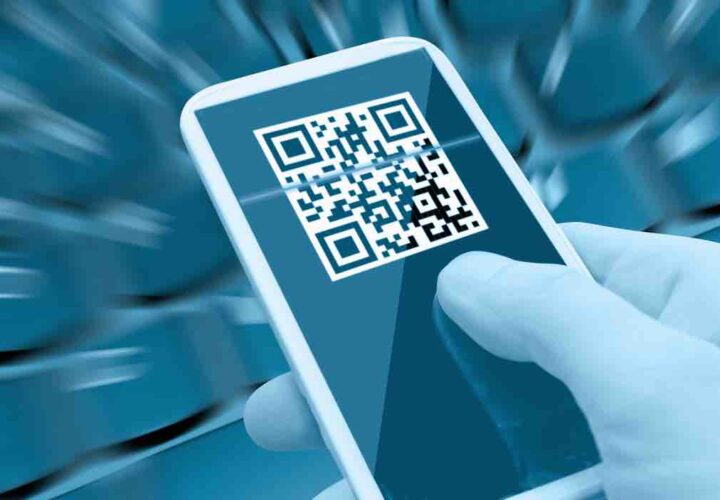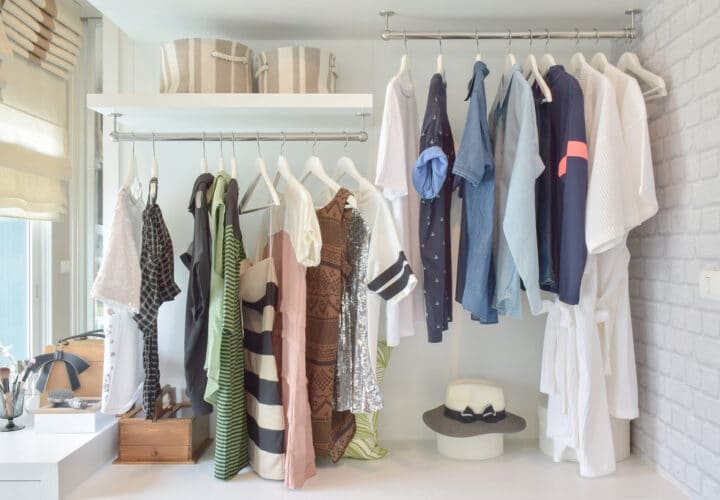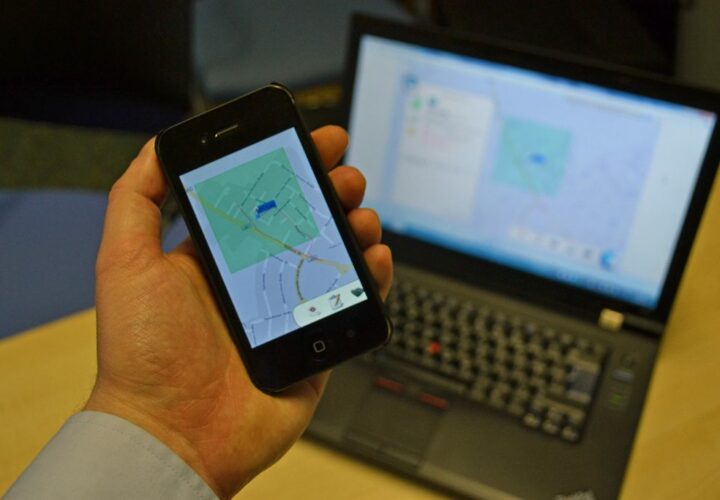Japan uses scannable QR codes, or barcodes, to help track dementia patients and keep them safe. Not everyone approves of the QR tracking devices, however.
Japan has the oldest population in the world, with senior citizens expected to make up one-third of the population by 2035. Along with a rapidly growing elderly population comes a rising number of people with dementia.
There, the government is turning to a novel high-tech solution to help keep people with Alzheimer’s and other forms of dementia safe: QR codes. Local government officials distribute wearable barcode badges to dementia patients and their carers to help locate patients if they wander off or become lost.
How QR Codes Help Protect People With Dementia
The barcodes are square, scannable QR codes, which can be read by anyone with a smartphone. Information like the patient’s identification, his or her local city hall and its telephone number is embedded into the unique code. These adhesive barcodes, worn on clothing or bracelets, make it easier to locate a person if he or she goes missing.
These barcode stickers and decals are a free service provided by the city government. It’s just one high-tech innovation that the Japanese tech sector is pursuing to help alleviate what’s seen as a burgeoning healthcare crisis.
Related: How High-Tech Gadgets Can Help People Live Better With Dementia
When people with Alzheimer’s go missing, they’re often disoriented, with little comprehension of who they are or where they live. This can make it difficult to get them home safely.
It also puts enormous stress on caregivers, who often keep constant vigilance to prevent a parent or grandparent from wandering off.
It’s a burden that Haruo Hidaka, one of the barcode’s inventors, knows firsthand. Hidaka came up with the idea after seeing his grandmother succumb to dementia, reports BBC.com.
According to the BBC, Mrs Itou, a woman with dementia who lives 30 minutes outside of Tokyo, has gone missing several times. She’s an avid walker who covers more than 60 miles a month. In the past, this has made it especially difficult for her son to locate her. The barcode badge has helped her return home the last two times she went missing.
Other QR code technology has been introduced in Japan in recent years. One such invention is a tiny, 1/2-inch waterproof sticker that attaches to a fingernail or toenail. These nail decals work the same way as the clothing badges, but offer an extra level of protection, should a dementia patient wander off without her clothes or shoes. The decals stay on for an average of two weeks.
Do QR Codes and Tracking Technology Demean People With Dementia?
Not everyone is happy about the idea of letting the government electronically track individuals via barcodes and QR codes. Opponents call it dehumanizing, saying it likens dementia patients to criminals, and smacks of Big Brother tactics.
Meanwhile, the U.S.-based Alzheimer’s Association and the Alzheimer’s Society in Great Britain are outspoken advocates of the technology, saying it protects vulnerable patients who may put themselves in danger by wandering off.
In the United States, people are using GPS trackers to keep tabs on people with dementia and Alzheimer’s.
While it’s “a fairly small market today… there are opportunities for significant growth going forward,” senior analyst André Malm told CNBC.
“Nursing homes don’t want to become prisons. They want to let the elderly go for walks, but sometimes they get lost – this device means they have peace of mind,” he said.





My father is 88 years old and not one to wear or carry anything extras such as gadgets that he would have to remember nor would he want to.
I am interested in stickers or something I can place on his fancy western belt or cowboy style walking boots and wing tip shoes .
How can I purchase a QR PRODUCT FOR tacking my father when he steps outside to walk .
Do any of your products include voice with an I phone ? Please I am interested to give my father freedom without the worry when I return to work after governor Murphy in New Jersey says so.
I work in a non essential beauty store .
Thank you Lynda A De Santis (P0A)